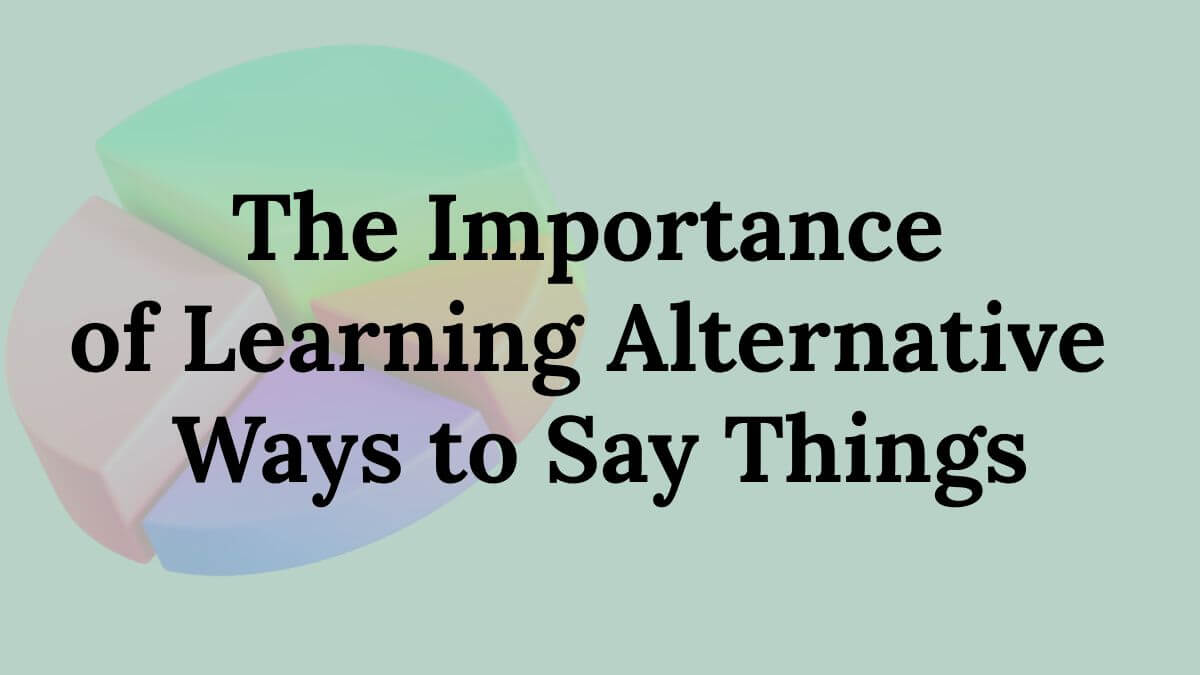If you want to improve your English quickly, understanding nouns is one of the best places to start. Nouns made simple helps learners and educators alike grasp how to identify and use these essential words. Nouns name everything around us—people, places, things, and ideas. This guide will break down the types of nouns, how they function in sentences, and important spelling rules you need to know to write them correctly. Whether you are a beginner or brushing up your skills, this post will make nouns easy and fun to learn .Nouns Made Simple
What Are Nouns?
At its core, a noun is a word that names a person, place, thing, or idea. Nouns form the foundation of sentences because they tell us what or who the sentence is about. Nouns Made Simple
Types of Nouns
Understanding different noun types makes using them much clearer.
1. Common and Proper Nouns:
- Common nouns – are general names for things: dog, city, book.
- Proper nouns – name specific people or places and always start with a capital letter: London, Sarah, Amazon River.
2. Concrete and Abstract Nouns:
- Concrete nouns – are things you can touch or see: table, apple, dog.
- Abstract nouns – are ideas or feelings you cannot physically sense: freedom, love, happiness.
3. Countable and Uncountable Nouns:
- Countable nouns – can be counted: one cat, two cats.
- Uncountable nouns – cannot be counted individually: water, air, rice.
Why Nouns Matter: The Heart of Sentences
Every sentence needs a subject, and that subject is usually a noun or a pronoun that replaces a noun. Without nouns, communication becomes confusing.
For example:
- The teacher (noun) is kind.
- Love (noun) is powerful.
In both sentences, the noun tells us who or what we’re talking about.
Nouns Made Simple: Common Spelling Rules
Learning the spelling rules for nouns is essential for writing correctly. Many learners struggle with plural forms or possessive forms, so here are easy guidelines to help. Nouns Made Simple
Forming Plurals
Most nouns form plurals by adding -s.
- Book → Books
- Car → Cars
But some nouns need different endings:
Add -es
- When a noun ends with -s, -sh, -ch, -x, or -z, the plural form is created by adding -es to keep the pronunciation smooth and clearBus → Buses
- Box → Boxes
- Brush → Brushes
Change -y to -ies
If a noun ends with a consonant + -y, change the y to i and add -es:
- Baby → Babies
- City → Cities
If a noun ends with a vowel + -y, just add -s:
- Boy → Boys
- Key → Keys
Change -f or -fe to -ves
For some nouns ending with -f or -fe, change the ending to -ves:
- Leaf → Leaves
- Wife → Wives
Remember, some nouns are irregular and do not follow these rules:
- Man → Men
- Child → Children
- Mouse → Mice
Forming Possessives
To show ownership, add ‘s to singular nouns:
- The girl’s book
- The cat’s toy
For plural nouns already ending in -s, add just an apostrophe:
- The students’ classroom
- The dogs’ collars
Using Nouns in Sentences
Knowing noun functions helps improve both your grammar and your vocabulary.
As Subjects and Objects
Nouns can be the subject of a sentence or the object receiving an action:
- The dog (subject) barked loudly.
- She fed the dog (object).
Nouns as Objects of Prepositions
Nouns often follow prepositions:
- The book is on the table.
- He is walking to school.
Read More:
- 10 Simple English Dialogues for Beginners: Grow Your Speaking Skills
- 7 Common Mistakes with Auxiliary and Modal Verbs – And How to Fix Them!
Tips to Remember Nouns Made Simple
- Capitalize Proper Nouns: Always start proper nouns with a capital letter.
- Practice Plural Spelling Rules: Regular review helps avoid mistakes.
- Learn Irregular Nouns: Memorize exceptions like children and mice.
- Use Nouns Actively: Practice making sentences to remember their functions.
Common Mistakes with Nouns
Many learners confuse singular and plural forms or forget to use capital letters for proper nouns. Another common error is mixing possessive forms and plurals. Here’s how to avoid those:
| Error | Correct Usage |
| The cats toy is missing. | The cat’s toy is missing. (Possessive) |
| I saw three childs. | I saw three children. (Plural form) |
| she visited london. | She visited London. (Capitalization) |
Conclusion: Nouns Made Simple for Everyday Use
By breaking down nouns into easy parts and learning simple spelling rules, you can master the basics of English quickly. Remember, nouns made simple means knowing how to name the world clearly and correctly. Practice these rules, and you’ll see your confidence grow in both speaking and writing. Keep exploring nouns in sentences, and soon naming the world around you will feel natural! Nouns Made Simple
